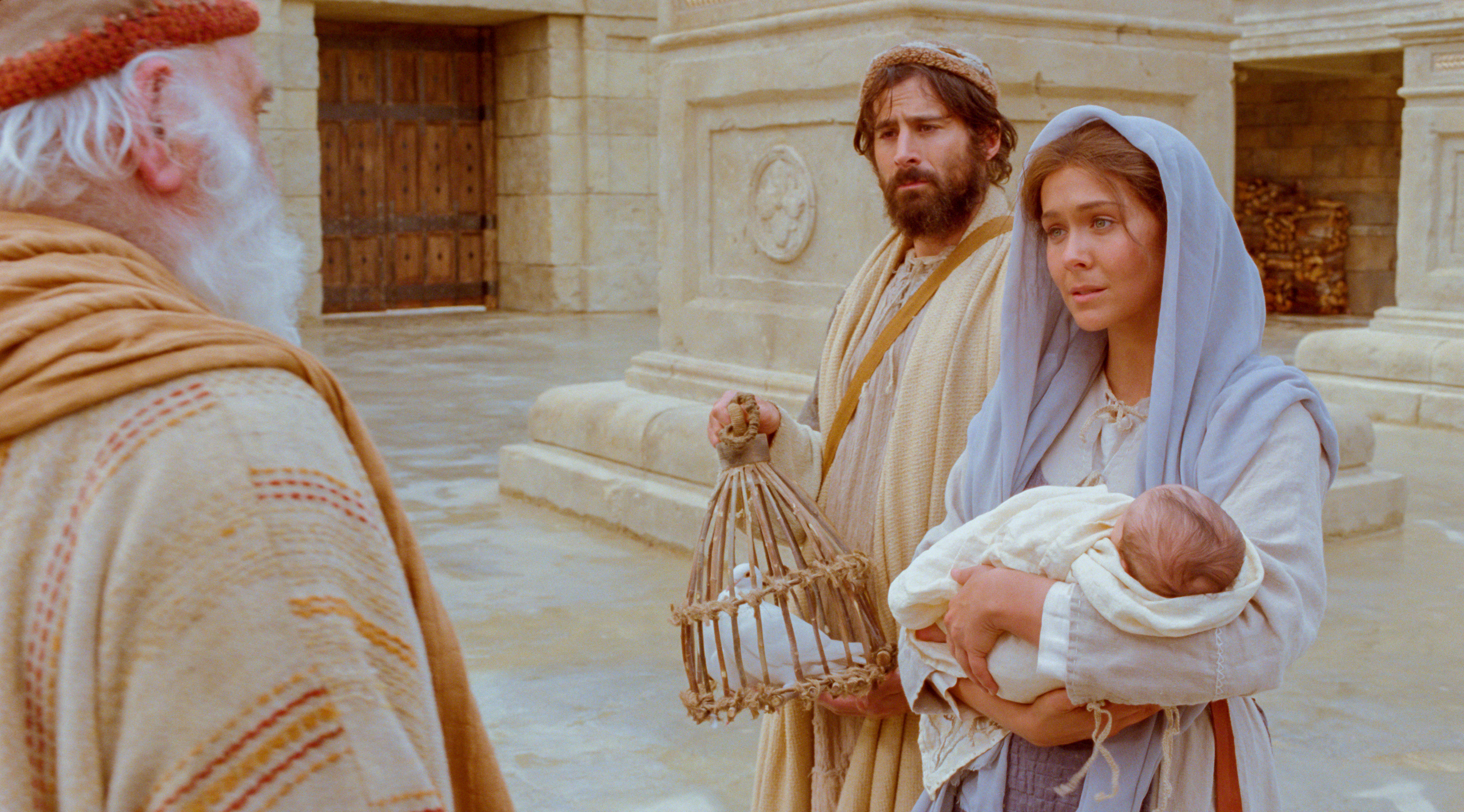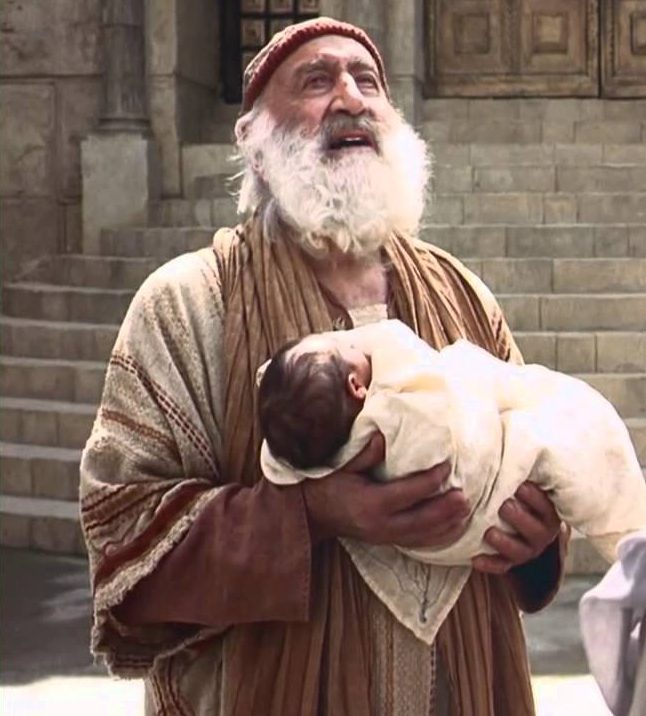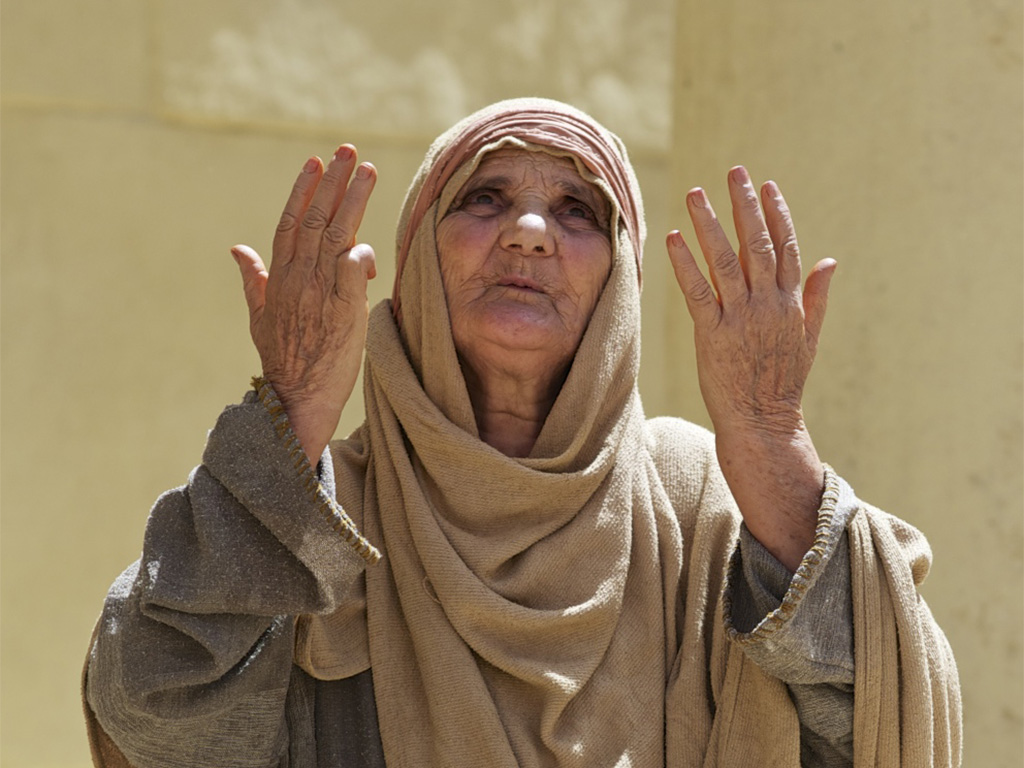People think about God… and they talk about God…
Some ask the question whether God exists…
Others wonder about him… Who is he really?…
Professors explain his attributes with expertise,
Scripture scholars search ancient documents to know more about him, as they should…
Theologians teach about his nature and his relation to human beings, of course…
Wise people continue to reflect about what they hear…
It may be appropriate to remind ourselves that…
GOD is NOT
a thought
a theme
a thesis…
He is not the product of our imagination, he is beyond all we can think of.
He is a PERSON really and truly.
Such a reflection is relevant on this feast of Pentecost.
It is significant because it is precisely in ‘signs’ or ‘symbols’ that we can speak of God’s Spirit. 
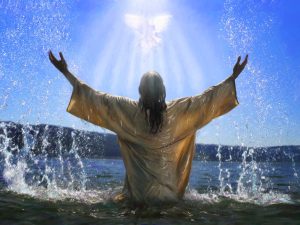

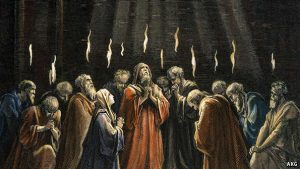
Different Bible texts evoke his presence:
- “hovering over the surface of the waters” (Genesis 1:2).
- “descending like a dove and alighting on Jesus” after his baptism in the Jordan (Matthew 3:16).
- Like “the wind (that) blows where it wishes… So it is with everyone who is born of the Spirit”, in the words of Jesus to Nicodemus (John 3:8).
- “When the day of Pentecost came… they saw what seemed to be tongues of fire that came to rest on each of them” (Acts 2:1,3).
Sings, symbols, evocation… leading to the perception of God’s Spirit who alone can reveal himself to us.
A lifetime attuned to this Spirit,
moving under his guidance,
transformed by his presence…
The Spirit enlightening our own spirit,
gently blowing within us his wisdom,
teaching us to speak ‘Abba’ with the unique accent of his children… (Romans 8:15)
This is what this celebration is about.
Another text is available on a different theme, in French at: https://image-i-nations.com/fete-de-la-pentecote-annee-a-2023/
Source: Images: pexels.com (Cesar Coni) 3-Minute Bible Studies pexels.com (Indonesia Nature) Living in the Spirit
 A very rich and clever man had gathered a large
A very rich and clever man had gathered a large  fortune. He had managed to get all the things he wanted. After some time, he realized he had everything, except happiness.
fortune. He had managed to get all the things he wanted. After some time, he realized he had everything, except happiness.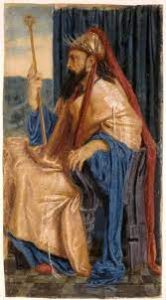 In today’s 1st reading (Wisdom 7:7-11), we meet the great King Solomon who enjoyed these and yet…
In today’s 1st reading (Wisdom 7:7-11), we meet the great King Solomon who enjoyed these and yet… Like the many small pieces of a jigsaw puzzle it then makes up our daily experience –
Like the many small pieces of a jigsaw puzzle it then makes up our daily experience –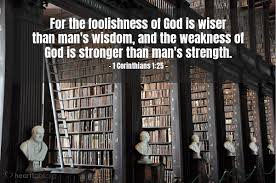 It is focused on four words:
It is focused on four words: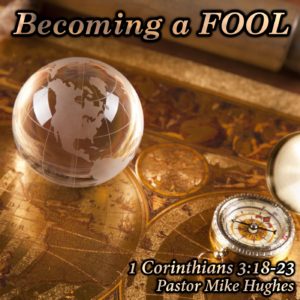 “Do not deceive yourselves.
“Do not deceive yourselves.  This is the meaning of the apostle Paul in the 2nd reading of this Sunday (5th Sunday, Year A).
This is the meaning of the apostle Paul in the 2nd reading of this Sunday (5th Sunday, Year A).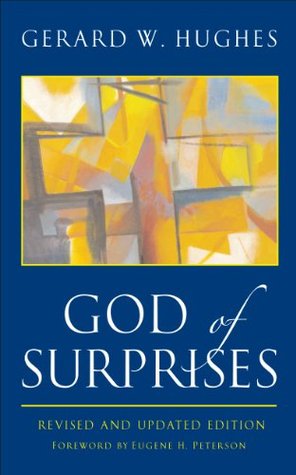


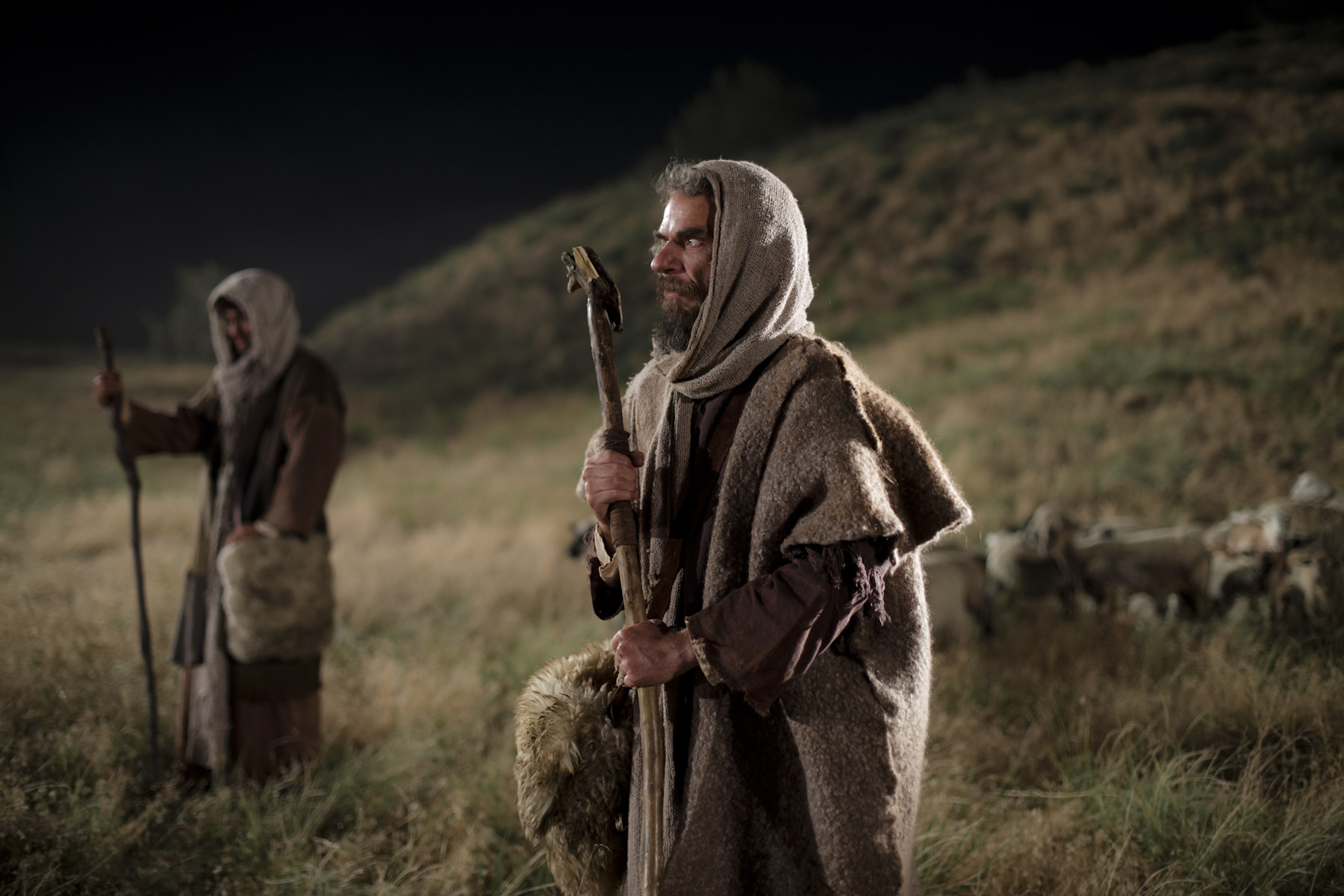
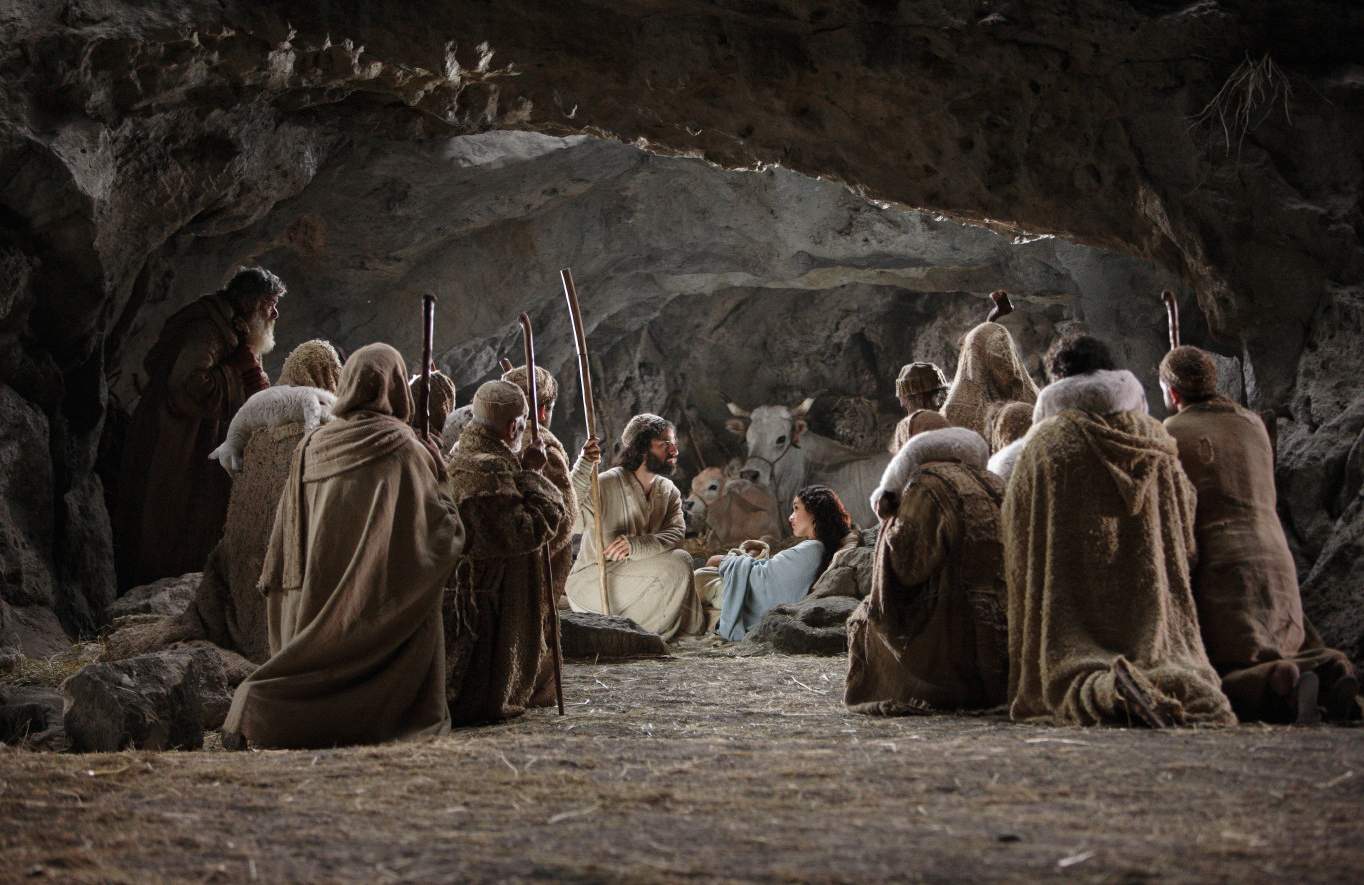 Ordinary people making the experience of an extraordinary event.
Ordinary people making the experience of an extraordinary event.